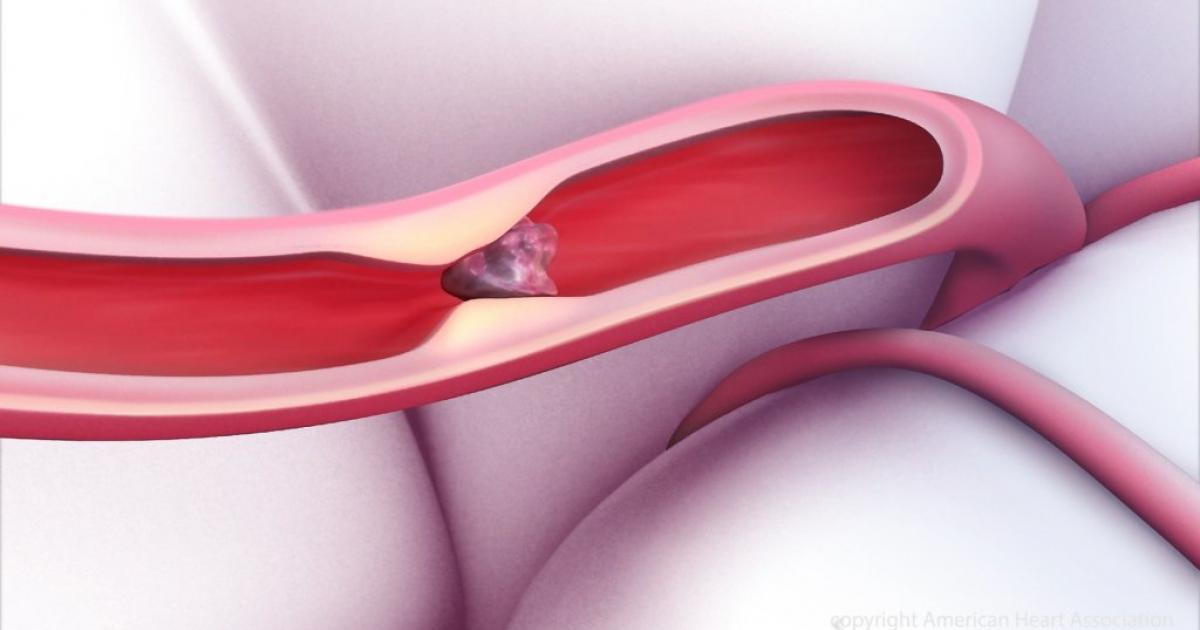Common Side Effects And Risks Of Bioidentical Hormone Replacement Therapy
Bioidentical hormones are hormones made in a laboratory and derived from hormones naturally produced by the body. These hormones are typically used as a treatment for individuals who have low or out of balance hormones in their body. Hormones are chemicals that tell organs and parts of the body when and how to work. When there is a shortage of certain hormones such as progesterone, testosterone, or estrogen in the body, the individual can experience unpleasant adverse symptoms. Common symptoms include energy loss, weight gain, mood changes, foggy thinking, night sweats, hot flashes, problems sleeping, and loss of muscle mass. The goal of bioidentical hormone replacement therapy is to raise hormone levels back to normal and alleviate any symptoms an individual may be experiencing.
While bioidentical hormone therapy may be effective for many patients, it does pose certain risks and may cause adverse side effects. Learn more about these now.
Development Of Blood Clots

Blood clots are the clumps of blood the body forms in response to a blood vessel tear. The function of a blood clot is to plug the injured blood vessel so it stops bleeding. There are some diseases, types of therapy, and medications that can increase an individual's risk of the inappropriate development of blood clots. These blood clots form when blood stops moving, or when it slows down in the blood vessels. Anything that stops the proper movement of blood through the vessels can increase an individual's risk of developing a blood clot. Blood clots are concerning because they can break off and flow freely throughout the bloodstream. When blood clots become lodged in blood vessels that supply the heart, brain, or lungs, life-threatening medical conditions can occur. A blood clot that becomes lodged in vessels that supply the heart with oxygenated blood can result in cardiac arrest, and a blood clot that gets stuck in the brain's blood vessels can result in a stroke. While this type of therapy alone increases the risk of blood clots by a small amount, an individual's risk can considerably increase when bioidentical hormone therapy is combined with other blood clot risk factors, which include obesity, advanced age, smoking, bed rest, heart failure, and a sedentary lifestyle.
Discover more information about the side effects and risks of bioidentical hormone replacement therapy now.
Increased Risk Of Heart Disease

Heart disease is the term used to describe numerous conditions with adverse effects on the heart. These conditions include diseases of the blood vessels, congenital heart defects, heart rhythm issues, and many others. An individual's risk of developing heart disease will naturally increase with age. The use of bioidentical hormone replacement therapy will put an individual at an increased risk of heart disease and related conditions. This risk increase occurs because the dosages of bioidentical hormone replacement therapy can be up to ten times more potent than the doses of traditional hormone replacement therapies. The hormones themselves are known to impact biological indicators of heart disease adversely. The increased impacts precipitated from the high doses given in bioidentical hormone replacement therapy can cause an individual to have a substantially higher risk of having a serious cardiac event. The accumulation of additional heart disease risk factors and bioidentical hormone replacement therapy can triple these risks for women and double them for men.
Keep reading to reveal more side effects and risks of bioidentical hormone replacement therapy now.
Bloating And Weight Gain

Bloating is a condition that results in the abdominal area feeling and looking too full. Numerous things can cause an individual to feel bloated, and some are related to hormones, while others are not. Weight gain can happen as a result of many different mechanisms that also may or may not be associated with a fluctuation in hormone levels. Bloating and weight gain can occur when the use of bioidentical hormone replacement therapy causes an individual to have hormone levels that are too high. Numerous bioidentical hormone replacement therapy drugs or supplements are not regulated in terms of dosage and potency. As a result, it is easy for this type of hormone replacement therapy to cause abnormally high levels of certain hormones in the body. For example, increased levels of estrogen or estrogen-like hormones will manifest as an increased amount of body fat in both men and women. Estrogen does this by making an individual less sensitive to the hormone responsible for blood glucose regulation called insulin. Too much glucose in the blood causes the body to store the excess glucose as fat. Too much body fat will show up on the scale as weight gain, and it will show up in the mirror as bloating. In addition, too much testosterone in women can produce effects similar to what high estrogen levels produce.
Uncover more details on the risks and side effects of bioidentical hormone replacement therapy now.
Increased Risk Of Gallbladder Disease

Gallbladder disease is a range of conditions that adversely affect the gallbladder and its functions. These conditions include gallbladder inflammation, gallstones, bile duct blockage, and gallbladder infection. The gallbladder is responsible for storing the bile the liver produces before it moves into the small intestine to aid in digestion. Bile is released from the gallbladder into the duodenum through the sphincter of Oddi. However, when something is causing constriction of this sphincter, the bile will stay in the gallbladder too long. This mechanism is the cause of gallstone development. Progesterone is a hormone that causes the sphincter of Oddi to relax, allowing for the normal flow of bile into the duodenum. The use of bioidentical hormone replacement therapy can cause an individual to have an increased risk of gallbladder disease. This increased risk occurs because abnormally high levels of hormones such as testosterone and estrogen can cause progesterone levels to drop. This decrease can cause constriction of the sphincter of Oddi. Subsequently, bile is stored in the gallbladder for extended periods, resulting in the formation of gallstones.
Get more information on bioidentical hormone replacement therapy side effects and risks now.
Development Of Acne

Acne is a skin condition where the body produces an excess amount of sebum that clogs pores. Most often, acne is a result of abnormally high levels of certain hormones such as testosterone. Testosterone can cause changes in the activity of skin cells, bacterial colonization of hair follicles, inflammation, and increased production of sebum. Acne develops when sebum, dead skin cells, and immune response factors clump together and form a blockage in a hair follicle or pore. Acne can occur in individuals undergoing bioidentical hormone replacement therapy, and it is more prevalent when it involves testosterone. Because the dosages and potency of this type of therapy are not always regulated, it is easy for hormone levels to become too high in individuals who are using them. A high level of testosterone can also result in falling levels of estrogen. Low estrogen levels can also manifest as hormonal acne.
